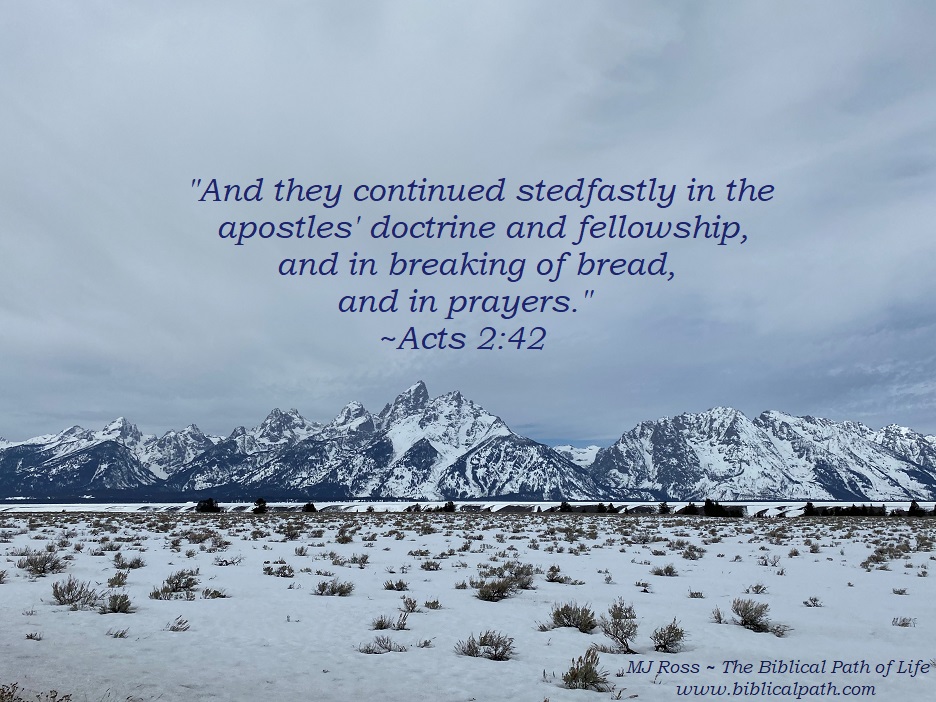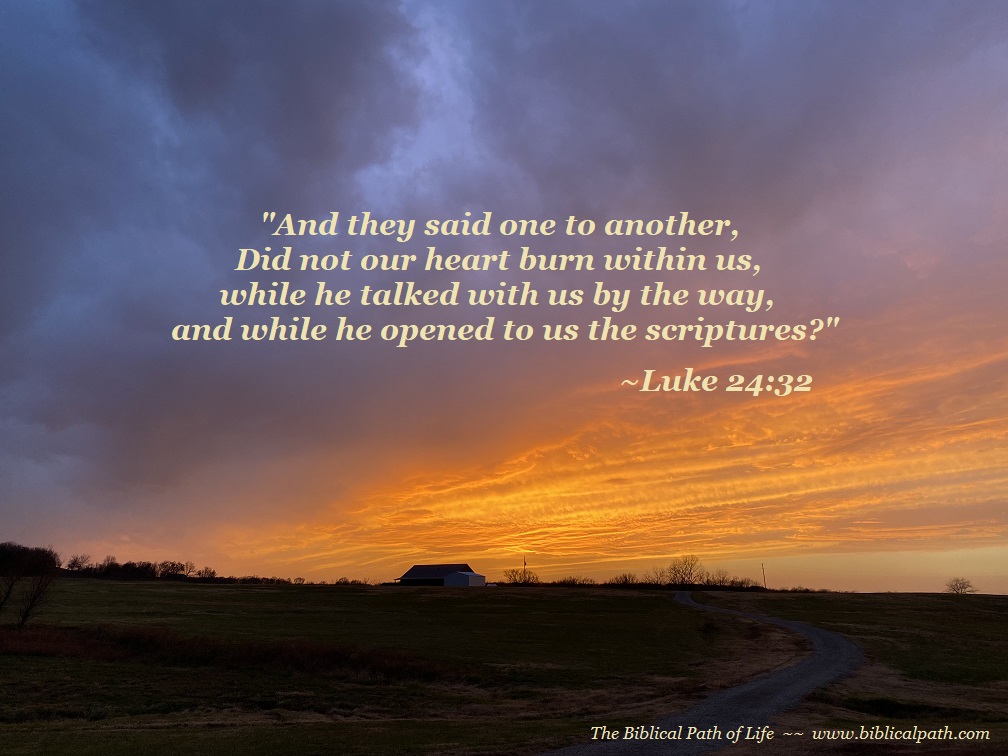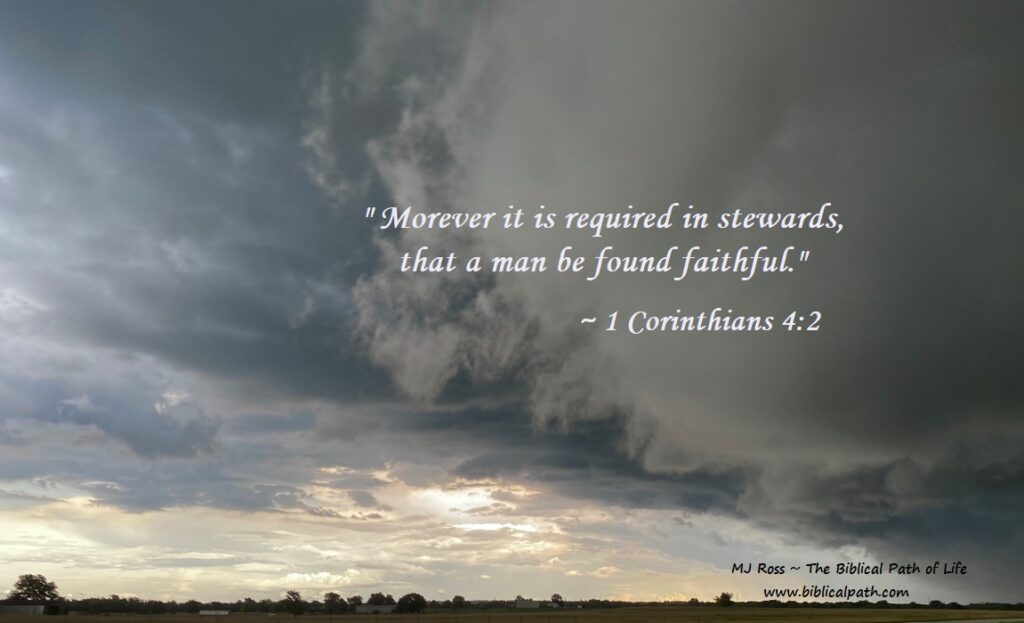
Acts 2:42
Shortly after Jesus ascended into heaven, Peter preached the Gospel message of Jesus to the Jews in Jerusalem. One reason was because they had rejected Jesus, crucifying Him, and many of them had witnessed that crucifixion. They were guilty for His death. “23. Him, being delivered by the determinate counsel and foreknowledge of God, ye have taken, and by wicked hands have crucified and slain: 24. Whom God hath raised up, having loosed the pains of death: because it was not possible that he should be holden of it (Acts 2:23-24). Holden means “to use strength to hold or retain.” When Jesus could not be held by death, He took the power of death that had previously been held by the devil, Satan. See the following verse to understand this: “… that through death he might destroy him that had the power of death, that is, the devil” (Hebrews 2:14b). Understand that death could not hold Jesus, for he conquered it. Jesus gave the power of life to any who would believe in Him.
Peter continued to explain to the people that because Jesus could not “be holden of it”, Jesus rose from the dead. And the people to whom Peter was preaching, were witnesses of that fact: “This Jesus hath God raised up, whereof we all are witnesses” (Acts 2:32). What were they to do with that information? “Therefore let all the house of Israel know assuredly, that God hath made that same Jesus, whom ye have crucified, both Lord and Christ” (Acts 2:36). All of the house of Israel should have recognized that Jesus, whom they had crucified, was both Lord and Christ. Christ means “the Savior of the world.” They were to believe Jesus was the Savior of the world. After hearing that Jesus had died, was buried, and raised again – conquering death once and for all, the people were brought to a time of decision. Those people were given the choice to believe or reject.
How did they respond? “Now when they heard this, they were pricked in their heart, and said unto Peter and to the rest of the apostles, Men and brethren, what shall we do?” (Acts 2:37). When they heard the Gospel message preached, they were “pricked in their heart.” Pricked means “greatly pained or deeply moved.” It is important that the Gospel message had a movement in their heart. Sometimes we call this “conviction” (which means “found guilty of an offense”). However, it is more important what those people did with that movement. Peter told them what they must do. “38. Then Peter said unto them, Repent, and be baptized every one of you in the name of Jesus Christ for the remission of sins, and ye shall receive the gift of the Holy Ghost. 39. For the promise is unto you, and to your children, and to all that are afar off, even as many as the Lord our God shall call” (Acts 2:38-39). The people had to take action: repent. Repent means “to imply pious sorrow for unbelief and sin, and a turning from them to God and the gospel of Christ.” Repentance is a response between a sinful man and God. Baptism is an outward testimony of what happened to that individual’s heart. Notice that God “called” them. Call means “God’s call through the Gospel message.”
The Gospel message is very simple: when one hears, feels the conviction (that “call”), then one must just believe. In other words, simply believe and receive without question. Jesus spent much of His ministry calling people to a time of decision – to believe in Him, or choose to reject Him. When Peter preached to the people, he preached the same message: God must call the individual’s heart, and that individual must repent, believing in Jesus. Then it is important to reveal to others just what God did (a testimony) by being baptized before witnesses. What did the people do once they understood? Those who believed and responded to God’s call were baptized, and there were three thousand people who believed!
What they did next was very important. “And they continued stedfastly in the apostles’ doctrine and fellowship, and in breaking of bread, and in prayers” (Acts 2:42). Once there has been such a change in one’s heart and life, it is important to learn how to live this new life. Continued stedfastly means “faithfulness and steadfastness in the outgoings of the Christian life – especially in prayer.” They understood that learning from the Apostles was important (doctrine means “the teaching of the Apostles” and we now find it in our Bible). These new Believers not only learned the doctrine, but fellowshipped together. This is something important that Christians should do even today: read their Bible, learn from Bible teachers who know God’s Word, and fellowship with other Believers as opposed to the lost world who have not given their hearts and lives to Jesus. Next, read of the blessing for those who not only believed, but also shared the Gospel message with others. “… And the Lord added to the church daily such as should be saved” (Acts 2:47b).
Have you been called to repent from your sin and believe in Jesus?
Have you shared the Gospel message with others?




